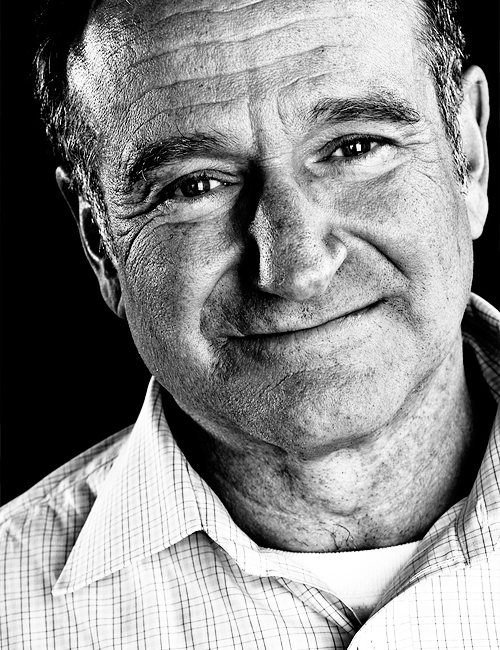Before record stores neared extinction, Sade was often stocked in the easy listening section. The band’s breakout success in the 1980s owed much to the advent of adult contemporary radio, where huge hits like “Smooth Operator” and “The Sweetest Taboo” eventually got sandwiched between selections from Michael Bolton and Kenny G. But then and now, Sade had an appeal that lifted it far above the slush pile of schlock.
The band’s trench-coat-favoring Nigerian-born frontwoman, Helen Adu, known to the world just as Sade, is more responsible for the popularizing of gold hoop earrings than an entire industry of jewelry executives. ..As a generation turned, house D.J.s turned remixes of Sade ballads into club classics, and a raft of hip-hop artists repeatedly sampled her…Sade is one of the most relentlessly quiet famous people on the planet. But in her extended silences, her place in the pantheon of cultural influence has only grown more enormous.
…Much of the current fascination with Sade derives from the fact that her fans know so little about her, starting with the pronunciation of her name. (Many Americans believe it’s pronounced Shar-day; it’s Sha-day.) In an era that rewards people less for their talent than for their associations with other famous people and the ability to leverage those associations over Instagram and Twitter, Sade’s disinterest in self-promotion has had a reverse effect. Her longstanding lack of interest in speaking about herself makes the world more likely to want to speak about her. […]
In 1982 or 1983, Mr. Matthewman and Mr. Denman left Pride and formed a group around Sade. They signed to Epic Records, where executives quickly realized they were dealing with an artist with no direct historical precedent. “She was one of those rare artists I fell completely in love with because she came just the way she is now … “She was very young, but she was very sophisticated,” Ms. Blond said. “She didn’t follow anyone else’s style. No one was as beautiful or had as sleek of a look as her. She didn’t mind designer clothes, but you’d never ever look at her and say, ‘Oh that’s a Chanel outfit.’ She never looked like a brand. And her songs seemed to become classics immediately.” […]
Calling her elusive or mysterious might color her as unkind or remote. She was not that. She was, rather, just very comfortable in her command of her art, as well as her presence. Having very little in common with her, save the close approximation of dressing quarters, a bit of me yearned to be as cool and composed as Sade. She remains a Smooth Operator, no?”
Dan Beck, a former senior vice president at Epic who worked on the United States promotion for Sade’s first four albums, said, “There was grace to everything she did.” [,,,]
In 2012 Mr. Watson had a retrospective in Hamburg, and Ms. Adu flew in without any pomp or circumstance. She simply treated it as if she was showing up for a friend and smiled luminously as she sat with him in her trademark earrings, silk shirt and jeans…
Ms. Adu can also sometimes be spotted on her cat-loving child’s Instagram. On Mother’s Day this year, this undated portrait was published. Back in January, on the day she turned 58, a recent picture appeared. She looks impeccably happy. […]
“It’s always like that with Sade,” he said. “Time will go by and she’ll start working on it. For her, it’s like getting out of bed on a Sunday morning. You know you don’t want to do it, but at some point you just do it.”
“When we were having our first success with her, I said, ‘This lady could have a hit album when she’s 90 years old.’ Most artists try too hard,” Mr. Beck said. “And consciously or unconsciously, I think people have a special appreciation for someone who isn’t out there waving their résumé at you every five minutes. She’s completely unique.”
~Jacob Bernstein, excerpts from Sade’s Storm of Cool (The New York Times, October 25, 2017)
Notes:
- Post inspired by her Son’s picture and quote on Instagram: “To my Queen. Words cannot describe how lucky I am to have you in my life and call you Mumma, you are my whole world and I love you with all my heart, thank you for being you, the most beautiful person inside and out, happy birthday Mumma Shard🍾🍾🥃🥃💕💕”
- Image: The artist Dirt Cobain created a mural, circa 2014, of the singer Sade in West Hollywood, Calif.




